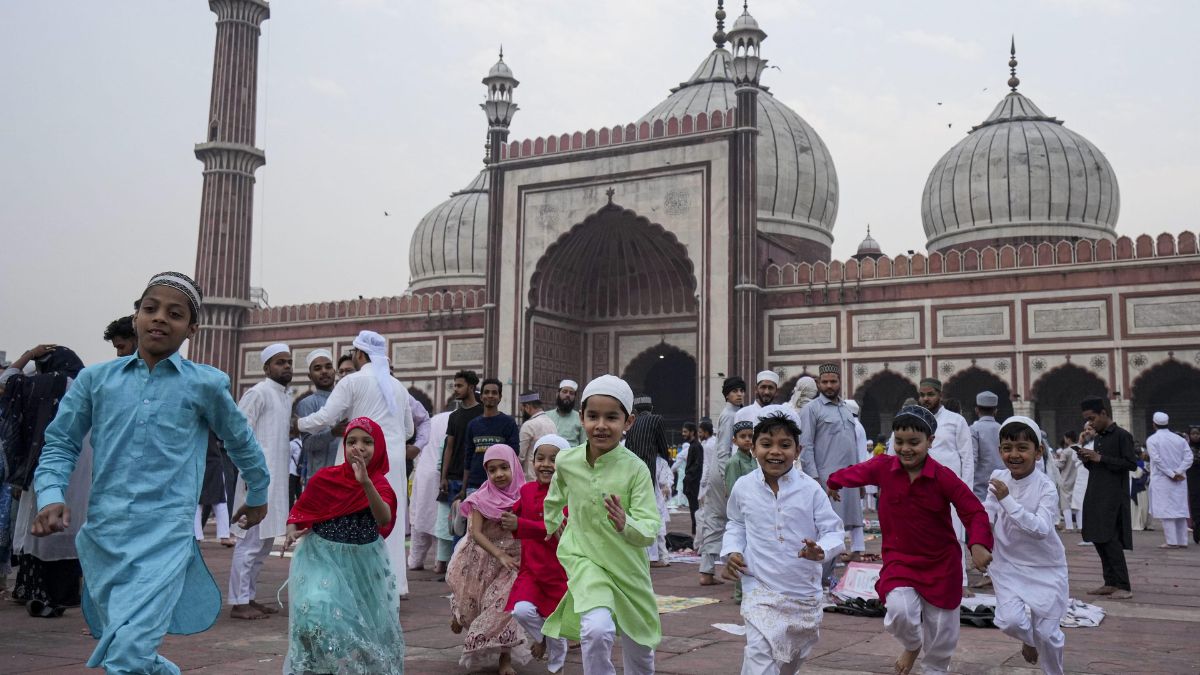Finland has once again been crowned the happiest country in the world, marking its eighth consecutive year at the top of the World Happiness Report. The 2025 edition of the report, published on Thursday by the Wellbeing Research Centre at the University of Oxford, continues to highlight the success of Nordic nations in fostering high levels of well-being and life satisfaction.
Understanding the World Happiness Report
The World Happiness Report is an annual publication that evaluates global happiness levels based on self-assessed life satisfaction. The rankings are determined using survey data collected by Gallup in partnership with the UN Sustainable Development Solutions Network. Countries are scored based on a three-year average of responses from people asked to rate their lives on a scale from 0 to 10, where 0 represents the worst possible life and 10 is the best.
Experts in economics, psychology, and sociology analyze various factors that influence happiness, including:
- GDP per capita – Economic prosperity and living standards.
- Healthy life expectancy – The number of years a person can expect to live in good health.
- Social support – The availability of friends or family to rely on in times of need.
- Freedom to make life choices – The degree of personal and political freedom.
- Generosity – Charitable giving and community support.
- Perceptions of corruption – Trust in government and institutions.
Nordic Nations Lead the Way
As in previous years, the Nordic countries dominate the rankings, known for their strong social welfare systems, trust in institutions, and high quality of life. The top-ranked nations in 2025 are:
- Finland
- Denmark
- Iceland
- Sweden
- Netherlands
- Costa Rica
- Norway
- Israel
- Switzerland
- Mexico
The Secret to Nordic Happiness
Nordic countries consistently score high due to a combination of economic stability, high levels of social trust, and policies that promote well-being. These nations have:
- Comprehensive social safety nets, ensuring healthcare, education, and financial support for all citizens.
- Work-life balance, with flexible work arrangements and generous parental leave policies.
- Strong community ties, where people feel a sense of belonging and trust in their neighbors.
- Minimal corruption, leading to faith in government and institutions.
- A focus on environmental sustainability, promoting long-term quality of life.
The U.S. Sees Sharp Decline in Happiness Ranking
One of the most significant shifts in the 2025 report is the decline of the United States, which has fallen to 24th place—its lowest ranking in history. The U.S. had previously peaked at 11th place in 2012 but has since experienced a steady decline. Researchers point to several factors contributing to this drop:
- Increased social isolation – The number of Americans dining alone has increased by 53% over the past two decades.
- Rising mental health issues – Anxiety and depression rates have surged, particularly among younger generations.
- Economic inequality – The widening gap between the rich and poor continues to create stress and instability.
- Declining trust in institutions – Political division and concerns about corruption have eroded faith in leadership.
- Lower sense of community – Many Americans report feeling disconnected from their neighbors and social circles.
Newcomers to the Top 10
While European countries continue to dominate the top rankings, some unexpected nations have entered the top 10. Costa Rica and Mexico have made history by securing the 6th and 10th spots, respectively.
- Costa Rica benefits from a strong sense of community, a culture of positivity, and a focus on sustainability.
- Mexico ranks high due to strong family ties, vibrant social life, and communal living, despite economic and political challenges.
The Unhappiest Countries
At the other end of the spectrum, Afghanistan remains the world’s unhappiest country, with Afghan women facing particularly harsh conditions. The bottom-ranked nations include:
- Afghanistan (last place)
- Sierra Leone
- Lebanon
- Zimbabwe
- Democratic Republic of the Congo
These countries suffer from extreme poverty, political instability, conflict, and lack of access to basic needs such as healthcare and education.
A Growing Crisis: Young Adults and Social Isolation
A worrying trend highlighted in the 2025 report is the increasing number of young adults who lack social support. In 2023, 19% of young people worldwide reported having no one they could rely on—an alarming 39% increase compared to 2006.
Social isolation among young adults has been linked to the rise of digital communication replacing face-to-face interactions, economic pressures delaying major life milestones, and an overall decline in community engagement.
The Role of Trust and Kindness in Happiness
A surprising finding in the report is the link between happiness and the belief in the kindness of others. Countries where people expect that lost wallets will be returned tend to rank higher in happiness. Nordic nations, which score among the best in both actual and perceived kindness, showcase how trust in fellow citizens enhances life satisfaction.
Interestingly, the report found that people tend to underestimate the kindness of their communities. Studies show that actual rates of wallet return are nearly twice as high as people expect, suggesting that humans are generally more honest and compassionate than assumed.
Key Takeaways from the 2025 World Happiness Report
- Happiness is not solely about wealth – Social connections, trust, and generosity play crucial roles.
- Nordic countries continue to lead – Thanks to social welfare, low corruption, and strong communities.
- The U.S. is experiencing a happiness crisis – Social isolation, economic inequality, and distrust in institutions are major factors.
- Mexico and Costa Rica’s rise highlights the power of community – Despite economic challenges, strong social ties boost happiness.
- Young adults are struggling globally – More people than ever report feeling alone and unsupported.
- Kindness matters – Societies that foster trust and generosity tend to have happier populations.
As the world grapples with increasing social and economic challenges, the 2025 World Happiness Report underscores the importance of investing in community, trust, and meaningful human connections to foster well-being.




